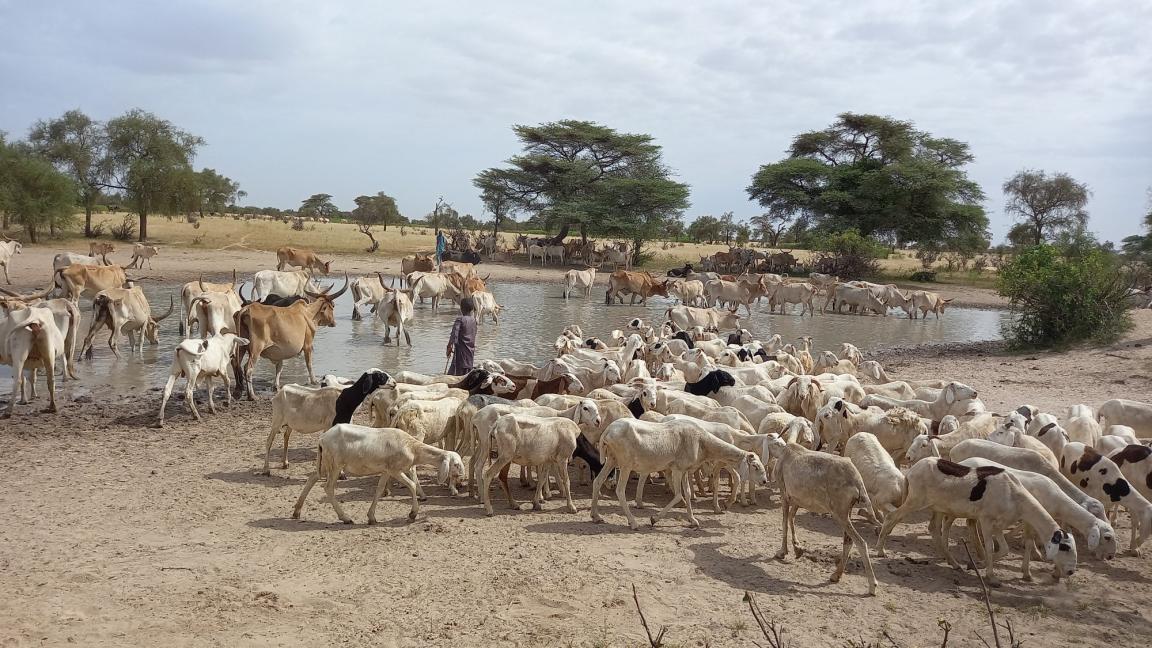Initial situation
Outbreaks of zoonoses (diseases transmitted between animals and humans) are increasing worldwide. In addition, more and more drug-resistant pathogens – known as antimicrobial resistance (AMR) – are emerging and spreading. Reasons for this include population growth, environmentally harmful production, changes in land use, loss of biodiversity and a lack of access to health services. Globalisation, increased mobility and climate change are also allowing pathogens to spread more quickly.
To tackle these challenges, the German Federal Ministry for Economic Cooperation and Development (BMZ) is focusing on the One Health approach. This approach recognises that human, animal and environmental health are interdependent. It focuses on holistic, long-term solutions that stabilise ecosystems and keep them in balance.
Objectives
Health risks for humans and animals resulting from destabilised ecosystems, are reduced in the long term.
Approach
The sector initiative provides strategic advice to BMZ, with a focus on containing zoonoses, AMR and neglected tropical diseases and mitigating the impacts of climate change on health. Food, agriculture and land use are important here. The sector initiative identifies relevant topics at the interfaces of human, animal and environmental health. It supports the ministry in positioning itself in global initiatives, such as efforts to reach an international pandemic agreement. It also participates in national and international expert discussions to contribute findings from German development cooperation.
The programme's advisory services are geared towards assisting to shape international standards: the World Health Organisation's International Health Regulations, the code of the World Organisation for Animal Health, the International Plant Protection Convention and the Codex Alimentarius of the Food and Agriculture Organisation of the United Nations.
Last upate: April 2024